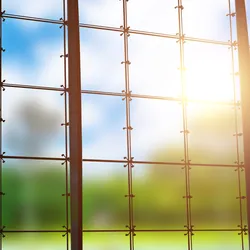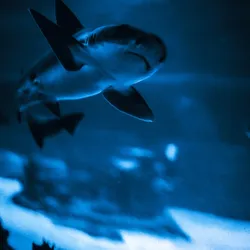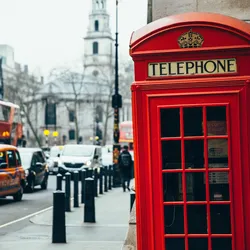
Finland has started construction on a 200-kilometer fence along its border with Russia. The fence, which is anticipated to cost $597 million, is intended to deter illegal entry while also protecting against potential political pressure from Russia.
The decision comes amid concerns that Russia would use migrant flows as a political tool against Helsinki. Finland amended its Border Guard Act in July 2022 to allow for the installation of stronger walls.
While the Finland-Russia border has generally been considered calm, Brigadier General Jari Tolppanen believes that the ongoing conflict in Ukraine has dramatically affected the security situation. The border fence is seen as an essential weapon for preventing large-scale unlawful entry into Russian territory.
Some have opposed Finland’s decision to build the fence, calling it needless and potentially detrimental to bilateral relations. But, given the current context, Finnish officials say that it is a vital security step.
In recent years, Finland’s relationship with Russia has become more difficult. Despite their long border, the two nations have a history of strife, including a 1939-1940 war in which Finland ceded territory to the Soviet Union. Since then, relations have been mainly amicable, with occasional squabbles over topics like airspace violations and Russia’s 2014 annexation of Crimea.
The decision to build the fence would almost certainly be met with skepticism in Moscow, whose officials have expressed concerns about growing military operations in the region by NATO and other Western countries. In the past, Russia has been accused of exploiting migration as a political tool, most notably during Europe’s refugee crisis in 2015.
The fence will be built in two parts, with the first 130 kilometers anticipated to be completed by 2023. The remaining 70 kilometers will be built between 2023 and 2025, largely in southeastern Finland.
The idea to construct a fence along the Russian border has precedent in Europe. Hungary notably built a razor-wire fence around its border with Serbia in 2015, and other nations have since followed suit. But, the decision is sure to spark debate both in Finland and around the world.
As building on the fence progresses, it remains to be seen how it will affect Finland-Russia ties. While some may consider the action as a necessary security step, others will see it as an unneeded provocation. One thing is certain: the fence will be a visible emblem of the delicate relationship between two neighboring countries with a long and often contentious history.
Simplified Story:
Finland is constructing a 200-kilometer fence along its border with Russia, costing $597 million. The fence aims to deter illegal entry and protect against potential political pressure from Russia. The decision comes after concerns that Russia could use migrant flows as a political tool. The ongoing conflict in Ukraine has dramatically affected the security situation in the region. Finland’s officials say that the fence is a vital security step. The fence will be built in two parts, with the first 130 kilometers anticipated to be completed by 2023. The remaining 70 kilometers will be built between 2023 and 2025, largely in southeastern Finland.
Questions:
What is the main purpose of Finland’s construction of a fence along its border with Russia?
How might the ongoing conflict in Ukraine have influenced Finland’s decision to build the fence?
What are some potential consequences of building the fence on Finland-Russia relations?
Do you believe that the fence is a necessary security step for Finland? Why or why not?
In your opinion, what other measures could Finland take to ensure its security without building a fence?
Vocabulary:
Anticipated - expected to happen or arrive
Deter - discourage or prevent (something undesirable)
Illegal - contrary to or forbidden by law, especially criminal law
Potential - having or showing the capacity to become or develop into something in the future
Political - relating to the government or public affairs of a country
Border - the line separating two countries or areas
Conflict - a serious disagreement or argument
Security - the state of being protected against harm or danger
Essential - absolutely necessary or extremely important
Unlawful - not conforming to, permitted by, or recognized by law
Skepticism - doubt as to the truth of something
Moscow - the capital and largest city of Russia
NATO - the North Atlantic Treaty Organization, an intergovernmental military alliance
Provocation - action or speech that makes someone annoyed or angry, especially deliberately
Emblem - a thing serving as a symbolic representation of a particular quality or concept
Image by evening_tao on Freepik




